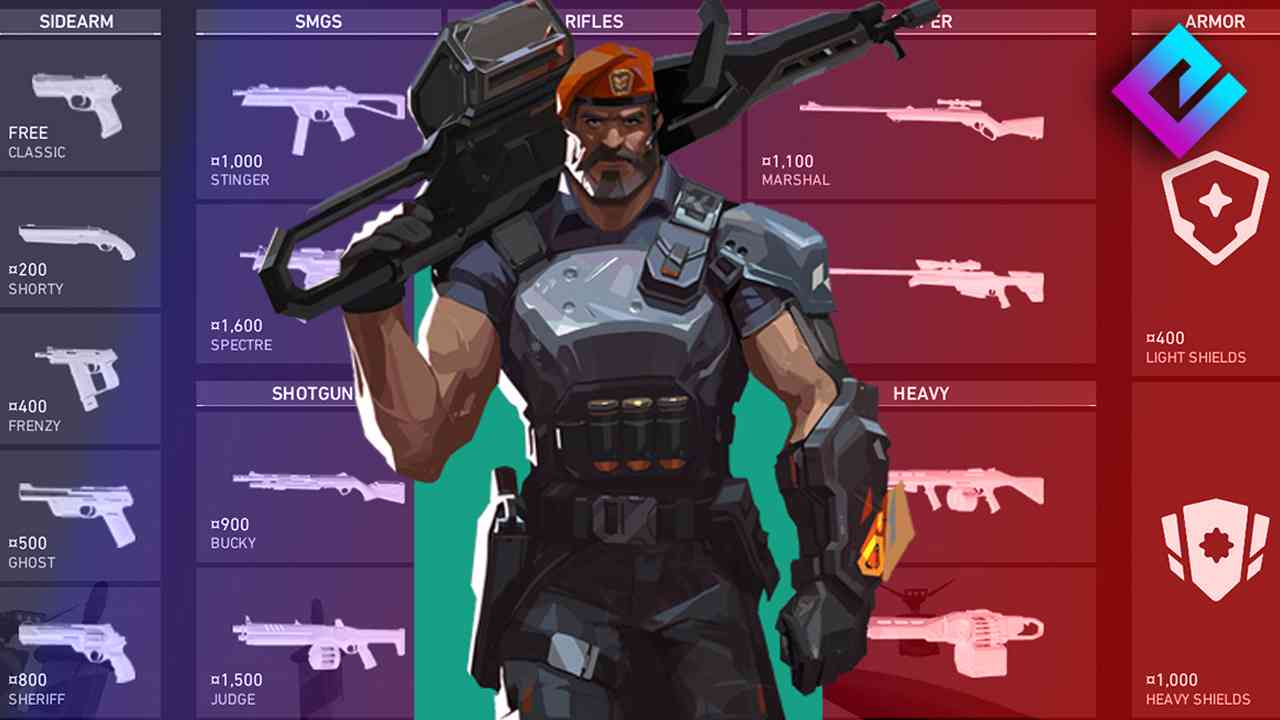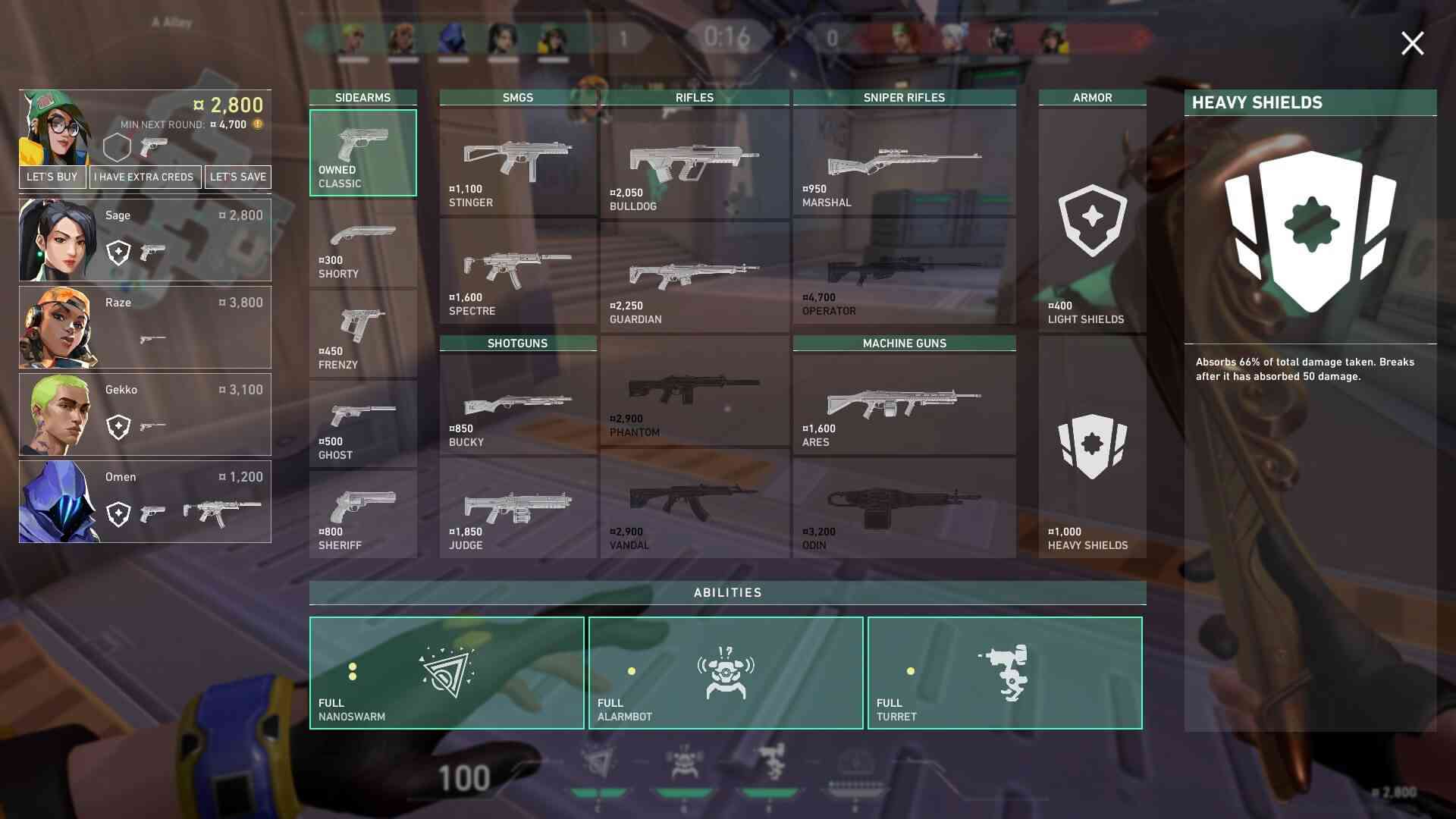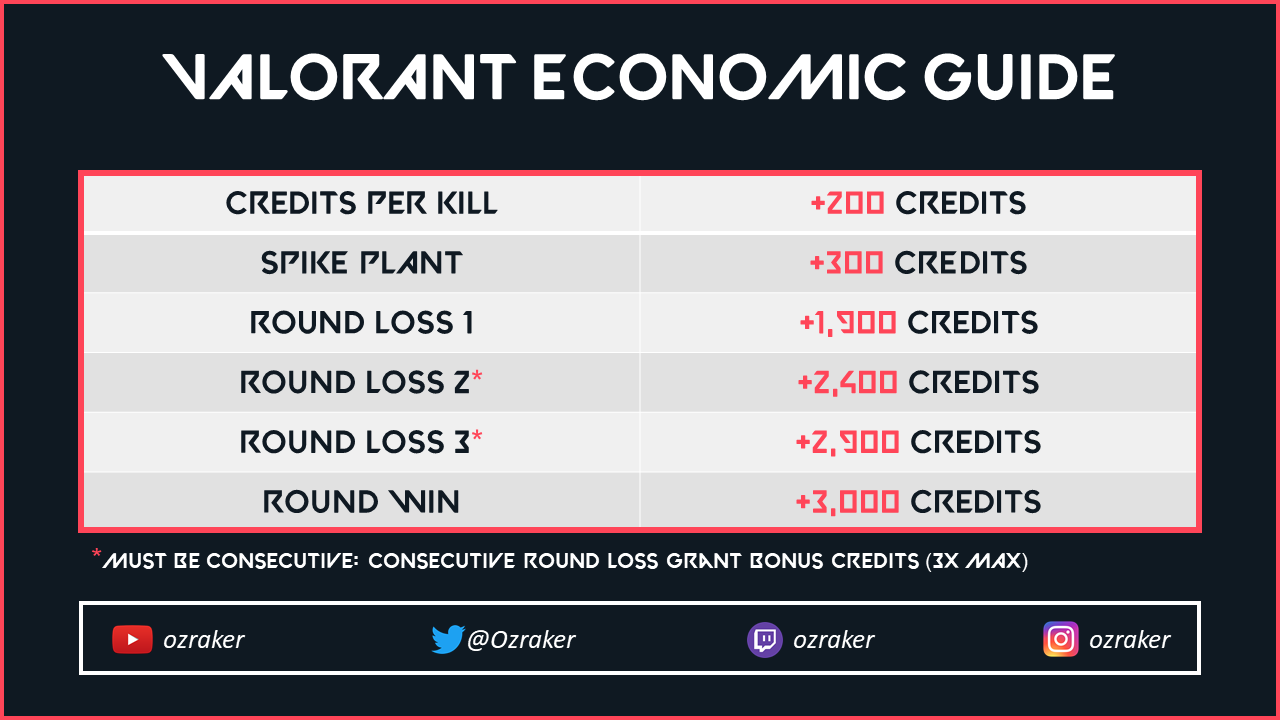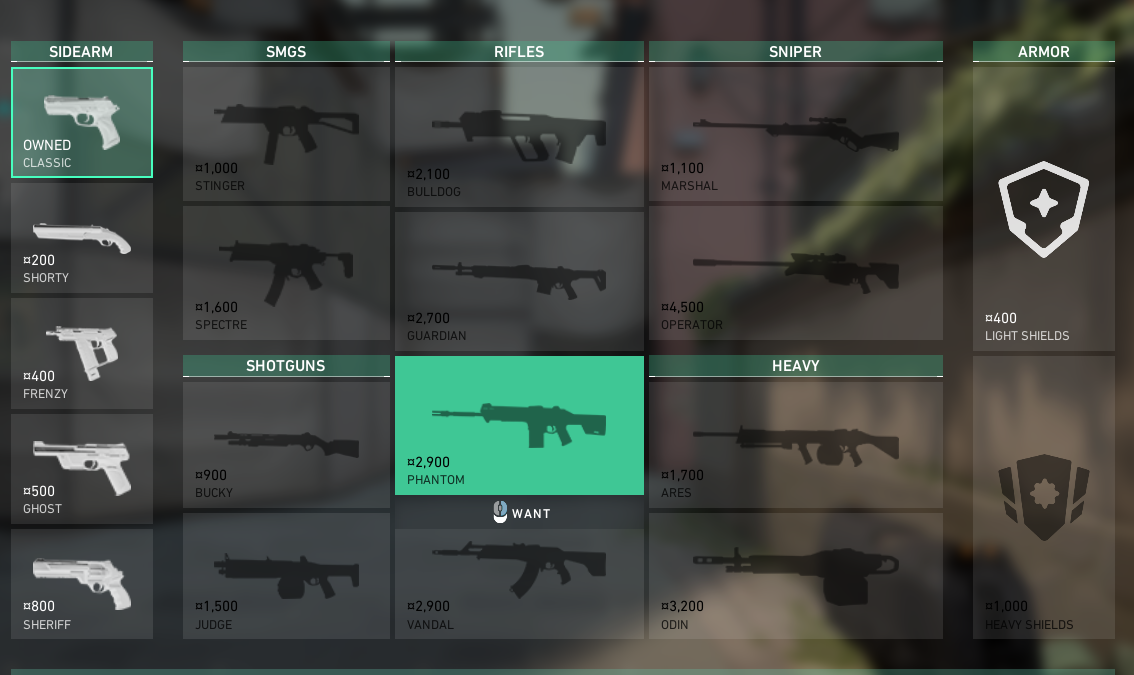Once again, the Blix team bites Valorabt topics quite often’look at the “Valorant Crossplay Guide” or the “Mastering Valorant’s Economy” articles. The latter one is directly related to what we offer you today.
This article provides an in-depth exploration of Valorant’s economic system. We explain how players earn and manage credits throughout the game. The text covers the various types of buy rounds, such as full-buys, eco rounds, and force-buys. It offers strategies for making smart economic decisions that can influence the outcome of matches.
Whether you’re a new player or looking to refine your game, understanding these economic principles is crucial for consistent performance. Reading this article will equip players with the knowledge to make better purchasing decisions, manage resources effectively, and maintain a competitive edge over opponents.
Contents
- 1 Highlights
- 2 Basic Economy Overview
- 3 Types of Buy Rounds
- 4 Full-Buy Rounds
- 5 Eco Rounds
- 6 Half-Buy Rounds
- 7 Force-Buy Rounds
- 8 Bonus Rounds
- 9 Advanced Economic Strategies
- 10 Strategic Saving
- 11 Loss Management
- 12 Ultimate Economy
- 13 Weapon and Ability Prioritization
- 14 When to Hunt or Save
- 15 Hunting
- 16 Saving
- 17 What Games Have The Valorant’s Alike Economy?
Highlights
- Overview of the Valorant economy system
- Description of each round type
- Deeper economy advice
Basic Economy Overview

We will tell everything!
Each round in Valorant revolves around a currency system known as credits. Players earn credits based on their performance and the outcome of each round. Here are the key ways credits are earned.
Initial Credits: at the start of each half, every player receives 800 credits. This amount allows the purchasing of essential equipment such as pistols, light shields, or some abilities.
Kills: each enemy kill awards the player 200 credits. This reward incentivizes players to go for eliminations, directly boosting their economy.
Spike Plant: successfully planting the Spike gives each attacking team member 300 credits. This bonus highlights the importance of playing the objective, even if you don’t win the round.
Round Win: winning a round substantially boosts 3,000 credits to each player. This is the most significant source of income and the primary way teams maintain their economy.
Loss Bonuses: losing a round still grants credits, known as the loss bonus, which starts at 1,900 credits for the first loss. If a team loses consecutive rounds, this bonus increases to 2,400 credits after the second loss and maxes out at 2,900 credits after three or more losses. The loss bonus system ensures that teams can recover after a few setbacks.
Valorant Economy Guide: Spend Smarter, Win More
The maximum amount of credits a player can hold is capped at 9,000, which means efficient spending is just as important as earning credits.
Types of Buy Rounds

Buy screen
Valorant revolves around different types of buy rounds, each strategically used depending on the team’s current economic state:
Full-Buy Rounds
These rounds involve purchasing the best available weapons, full shields, and all abilities. Typically, players aim for rifles like the Phantom or Vandal, coupled with full shields’a full-buy costs at least 3,900 credits. Full-buy rounds are when teams are most dangerous, as they have the best tools to secure a win.
Eco Rounds
Also known as save rounds, these are rounds where a team spends no credits to save for a future full-buy. In these rounds, players may only purchase basic pistols or low-cost SMGs, like the Stinger. The goal of an eco round is to preserve as many credits as possible, even if it means conceding the round.
Half-Buy Rounds
When a team doesn’t have enough credits for a full buy but too many to justify an eco round, it opts for a half-buy. Players might purchase cheaper rifles like the Bulldog combined with light shields in these rounds. Half-buy rounds provide a reasonable chance to win without completely depleting the team’s economy.
Force-Buy Rounds
Force buys occur when a team, usually in a desperate situation, spends all its available credits even if it can’t afford a complete buy. This strategy is often performed when a team needs to secure a critical round, such as just before halftime or when the enemy team is on the verge of winning the match.
Bonus Rounds
Bonus rounds typically happen after a team wins the first two rounds of a half. Instead of upgrading to better weapons, players carry over their existing weapons to save credits for future rounds. The idea is to maintain an economic advantage while risking only low-value weapons. If successful, a bonus round can significantly hurt the opponent’s economy.
Advanced Economic Strategies

Short calculation table
Beyond understanding the basics of earning and spending credits, several advanced strategies can help maximize economic efficiency and give your team a competitive edge:
Strategic Saving
In situations where the round seems lost and the player has an expensive weapon, it might be better to save rather than risk losing it. However, if the team’s economy is strong, it can sometimes be more beneficial to go for a few exit frags to damage the enemy’s economy. The decision to save or fight depends on the value of the equipment, the team’s overall economy, and the strategic situation of the match.
Loss Management
In scenarios where the team is on a losing streak, players should consider how they can maximize the loss bonuses. For example, dying to the Spike explosion on defense rather than saving a low-value weapon can ensure the total loss bonus is received, giving the team more credits to work within the next round.
Ultimate Economy
Ultimate abilities can be game-changers, and managing the ultimate economy is just as crucial as managing credits. Players earn ultimate points through kills, Spike plants, and collecting ultimate orbs. Sometimes, it’s worth saving an ultimate for a critical round or even using it in an eco round to increase the chances of stealing a win. On the other hand, feeding the enemy team ultimate points can be detrimental, so consider this when deciding whether to save or engage in a losing situation.
Weapon and Ability Prioritization
Players might choose between purchasing a weapon and abilities in rounds where the economy is tight. Typically, a primary gun should take precedence over abilities if the player is in a position to secure kills or defend a site effectively. However, specific agents rely heavily on their abilities, and their utility might outweigh the need for a better weapon in particular scenarios.
Tips and Advice about Economy. : r/VALORANT – Reddit
When to Hunt or Save

The gun, put on wait
Deciding whether to hunt down remaining enemies or save equipment at the end of a round can significantly impact the outcome of the following rounds:
Hunting
If the enemy team has an Operator or another high-value weapon, eliminating them can cripple their economy. However, hunting should only be considered if your team’s economy can withstand the risk. If your team is low on credits, avoiding unnecessary risks and focusing on maintaining your economy might be safer.
Saving
Saving is crucial when you possess expensive equipment, like an Operator, and the round is unwinnable. In such cases, hiding and preserving your gear for the next round is often better.
However, if your team’s economy is healthy, it might be worth engaging the enemy to deal economic damage, even in a losing situation. For example, if your team has already lost the round but you can take down one or two opponents, it can force them to spend more in the next round, potentially weakening their overall economy.
What Games Have The Valorant’s Alike Economy?
Several other competitive games feature economy systems similar to Valorant, where managing resources and making strategic purchases are crucial to success. CS2 is the most notable example, as it also uses a round-based economy where players earn money based on kills, objectives, and round outcomes. Players must decide when to save, force-buy, or go for complete purchases, balancing their economy to maintain the upper hand.
Rainbow Six Siege also incorporates economic management, where players choose between different operators and equipment sets, impacting their resources for future rounds. These games, like Valorant, require players to think strategically about their purchases and understand how economic decisions can shift the momentum of a match.


